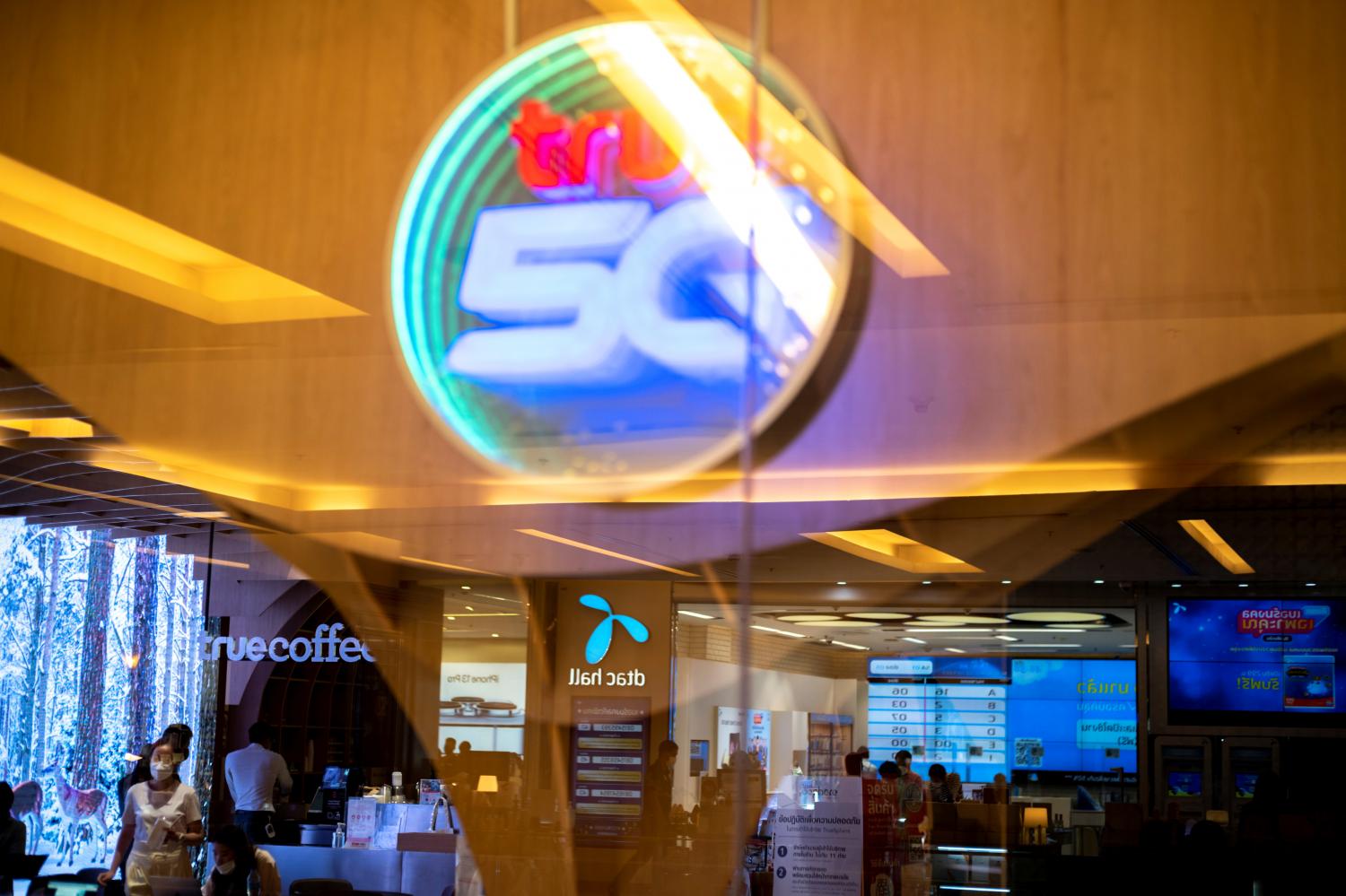
An extraordinary House committee tasked with studying the impact of the True Corporation and Total Access Communication (DTAC) merger is expected to issue its findings next month.
The conclusion is then scheduled to be forwarded to parliament and the cabinet for further consideration.
The study considers the pros and cons of the merger, the prospect of service quality and charges after the merger, regulatory elements, best practices from overseas and suggestions.
The committee of 25 MPs has no authority to obstruct the deal.
Gp Capt Anudith Nakornthap, chairman of the committee, said the panel has held talks with related parties and regulators about the merger for months and the last group is scheduled to come provide information this week.
"We will collect all the information and prepare the final draft by the end of April," said Gp Capt Anudith.
The National Broadcasting and Telecommunications Commission (NBTC), the Office of the Trade Competition Commission (TCC), companies related to the merger deal, academics and consumer advocates as well as Advanced Info Service have shared their views about the deal with the panel, he said.
Concerns have been raised by some academics and consumer advocates that the deal would drive down market competition, with consumers bearing the brunt.
Gp Capt Anudith said the committee is aware of regulatory loopholes in governing the merger.
A 2010 regulation created by the National Telecommunications Commission (NTC) required merger deals to be approved by the regulator.
The NTC was the former telecom regulatory body before the NBTC was established.
Such power was abrogated by an NBTC regulation in 2018. The change was intended to support liberalisation of the sector and facilitate business consolidation, in line with the digital convergence trend.
Section 21 of the Telecommunication Business Act only provides power to the telecom regulator to usher in measures to prevent telecom licensees from causing a monopoly, or reducing or restricting competition in the telecom services, but they cannot block a merger.
Meanwhile, the TCC is perceived as having no power to regulate the deal as telecom business comes under the supervision of the Telecommunication Business Act.
The Trade Competition Act, with which the TCC is involved, cannot be enforced against a business regulated by a specific law in the respect of trade competition.
Gp Capt Anudith said the panel has yet to determine whether it would suggest amendments to some regulations to facilitate governing the merger deal.
"Amendment of the existing regulations would take time and it is unlikely to match the timeline of the merger process," he said.
As the NBTC can prescribe measures to govern the merger, decisions about the measures by the regulator's office and board will be vital to protect the public interest, said Gp Capt Anudith.